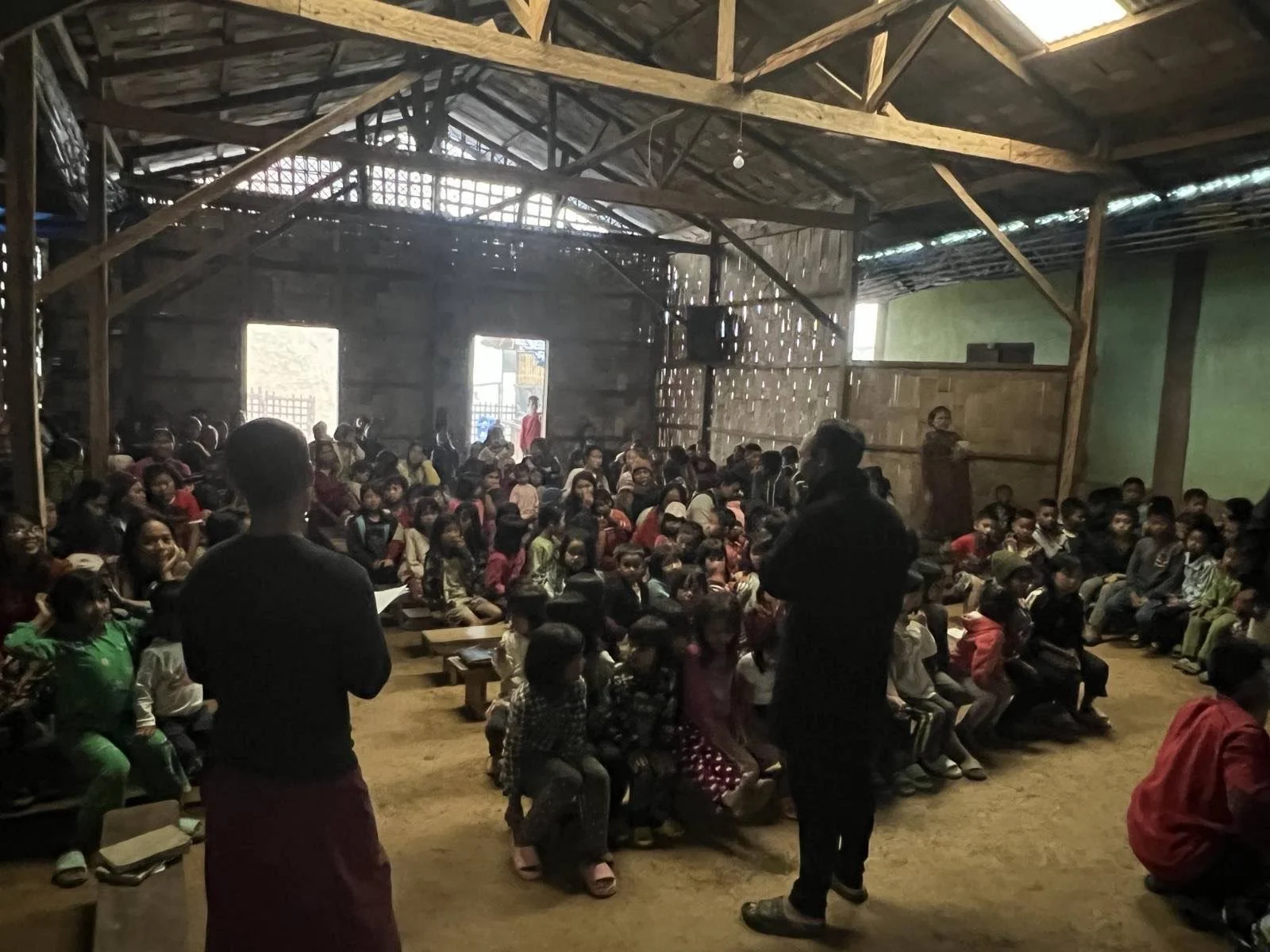Echoes of Despair: The Daily Struggles of Myanmar’s Refugee Families
In the heart of Myanmar’s ongoing crisis, where the echoes of the 2021 coup continue to reverberate, countless families find themselves trapped in a cycle of relentless hardship. Camps that were once seen as temporary shelters for people fleeing conflict, have since evolved into long-term prisons of suffering and uncertainty. Here, the simple act of providing for one’s family has become a monumental challenge, with parents facing each new day burdened by the anxiety of whether they will be able to feed their children at all. We have been doing our best to support those who are trying to get by, although with the numbers of displaced peoples in Myanmar now climbing over 3 million, we know there is only so much we can do. Still, every moment of compassion matters, and that is why we thank our donors so deeply for their continued support to our mission. As the following report from a local volunteer indicates, you are making a difference.
I would like to tell you something about my recent interactions with these displaced parents, stripped of their ability to work and earn a living due to strict restrictions imposed by host communities, are left in a state of enforced helplessness. The prohibition on earning even a modest income leaves them with no choice but to rely entirely on aid from volunteers and NGOs. While this assistance is vital, it often falls short of meeting the daily needs of these families, deepening their despair.
The psychological toll on these parents is immense! Once self-reliant and capable, they now find their identities reduced to mere recipients of charity, a transformation that eats away at their dignity. This sense of inferiority and helplessness seeps into every aspect of their lives, casting a long shadow over their children. The young ones, watching their parents struggle against an unchangeable reality, begin to internalize these feelings of despair, growing up in a world where anxiety is a constant companion.
Unfortunately, the emotional void created by this struggle is also profound. Parents, consumed by the daily fight for survival, find themselves unable to provide the nurturing and emotional support their children so desperately need. This neglect, borne not of choice but of necessity, threatens to leave children feeling abandoned and isolated, their formative years marred by an absence of love and security.
This bleak reality paints a grim picture of life in Myanmar’s refugee camps, where the joys of childhood are overshadowed by the harshness of displacement and poverty. Yet amidst this darkness, the work of caring individuals on the ground offers a glimmer of hope. By providing food, water, and other essentials, they are not just addressing immediate needs, but also restoring a sense of dignity and humanity to those who have lost so much.
But honestly, more is still needed! The plight of these families asks for not just our compassion but our action. By supporting initiatives that empower these parents—offering them opportunities to work, to provide for their families, and to reclaim their sense of self-worth—we can help break this cycle of despair. Together, we can give these children more than just survival; we can give them a chance at a future where hope, not fear, is their constant companion.

